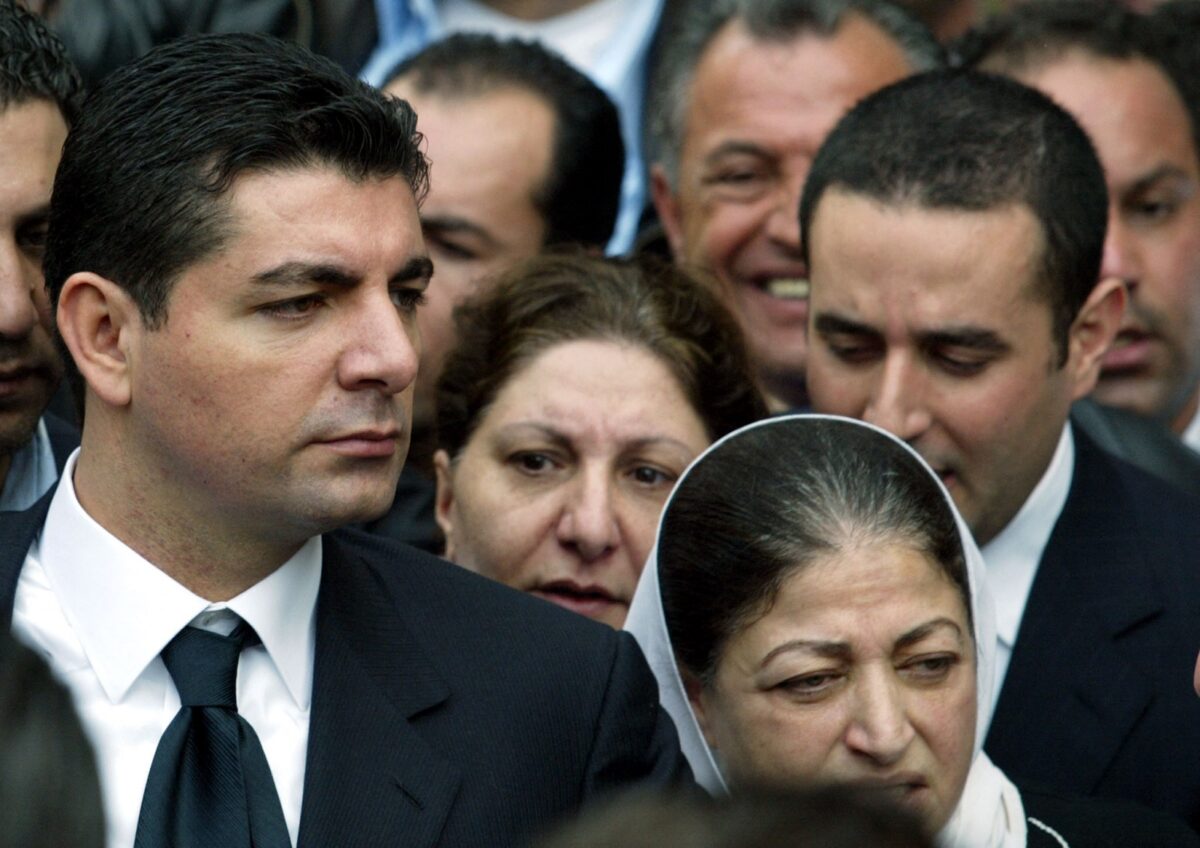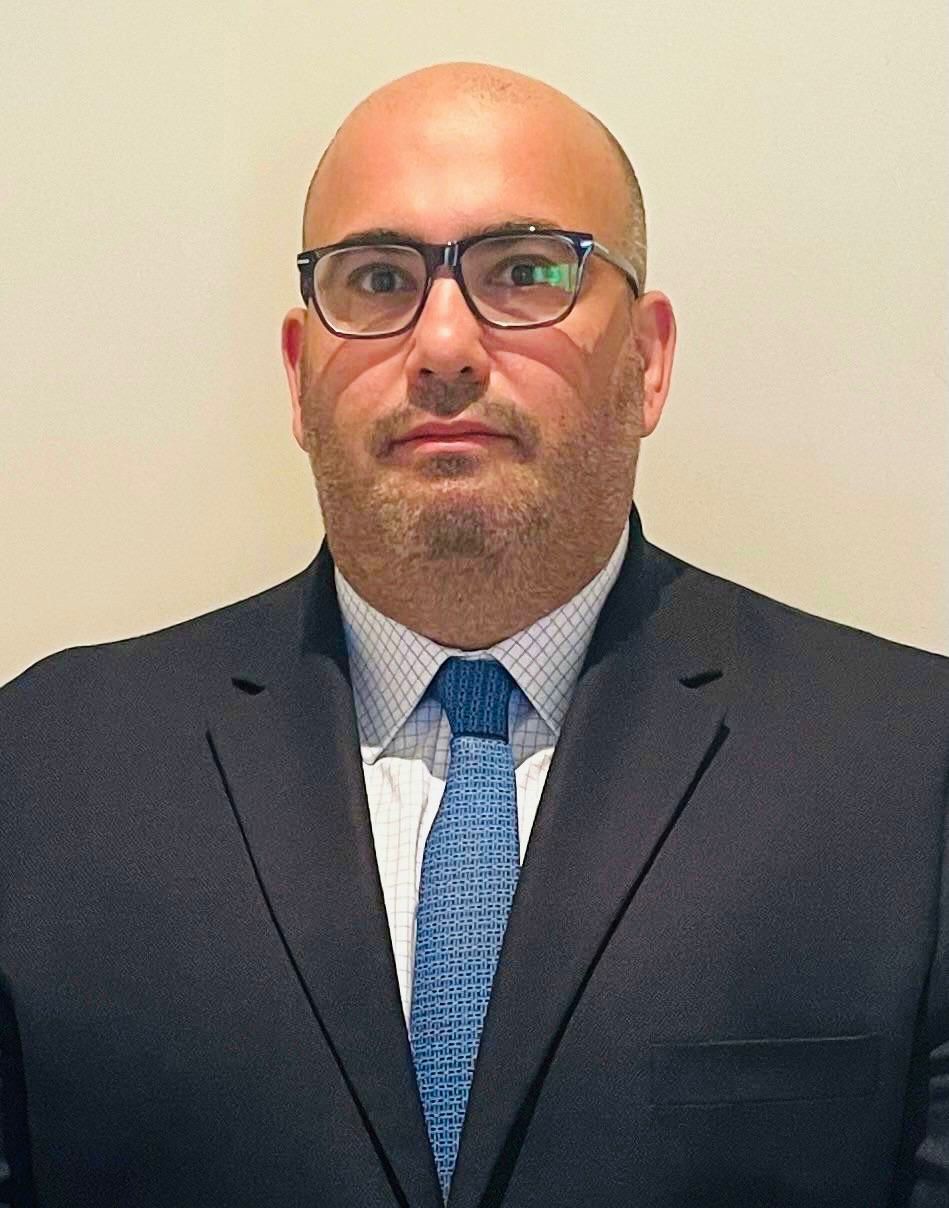
Bahaa Hariri and the legacy of his father Rafiq: will his promises on Lebanon’s future be attainable for the crisis-torn country?
Amid the war in the south, a heated debate erupted among various political factions regarding the distribution of power in Lebanon: a particularly concerning issue, as it coincided with ongoing efforts by foreign and Arab emissaries to de-escalate tensions and prevent a full-scale conflict in the country. In such a tense context, advocating for a reassessment of Lebanese balance of power could be interpreted as both an outcome of these diplomatic efforts and as a reflection of Hezbollah’s accumulated military strength since the July 2006 war.
A constant feature of Lebanese politics, in fact, is the divergence of élite, somewhat ancient, families in charge of the country’s different religious communities regarding allegiances or alliances with outer political actors. These families have historically sided with competing imperial or regional powers, from the Ottomans-Mamluk war of 1516 to the contemporary Iranian-Western conflict.
Another constant feature is that the Lebanese power-sharing arrangement, or sectarian social contract, is based on consensus and norms rather than scientific or census data. To function properly, it theoretically requires the cooperation of all members of the political élite.
As a result of this duality, the risk of conflict in Lebanon derives from two essential factors. The first is a highly competitive regional and international context, while the second is a jammed or broken power-sharing arrangement. Local actors have always had limited ability to influence the preferences or priorities of regional and global powers. However, they have significant leverage on the domestic front by either enforcing consensus-building or, in some instances, deliberately creating contention and manipulating existing disagreements.
The Lebanese civil war (1975-1990) can be understood through this lens. It was the product of a heated regional and international context and a decision by some political factions to revise and enforce a new formula for the post-independence power-sharing arrangement.
The pre-eminence of Rafiq Hariri
The Taif Agreement, signed in 1989 and credited with ending the civil war, was much more successful than previous attempts, such as the Geneva and Lausanne talks in 1983 and 1984. This success resulted from regional and international détente, which followed the collapse of the Soviet Union and the improvement of relationships between Saudi Arabia and the Syrian regime. The Taif Agreement helped reintroduce the sectarian social contract but in a more balanced way.
The Syrian regime’s control over Lebanon until November 2004 neutralized regional and international factors and ensured the enforcement of the domestic power-sharing agreement known as the Troika. Corruption in the form of financial payoffs and strengthening clientelistic networks through public sector employment were presented as necessary evils or incentives to ensure the smooth functioning of the Troika system.
The late Prime Minister Rafiq Hariri emerged as the most vital figure in the post-war era, accumulating political capital over the years by transforming himself from a successful businessman into a philanthropist and later a political leader. During this trajectory, he amassed wealth and an extensive list of contacts and friends both regionally and beyond.
Political Harirism emerged as a new socio-political phenomenon or governance style that rested on four essential pillars: a successful business career, strong personal relationships with regional and international leaders, a neoliberal economic vision, and an extensive philanthropic or charitable social, educational, and health network.
The physical assets destroyed during the fifteen-year civil war were valued at 25 billion dollars. Between 1975 and 1990, Lebanon experienced a significant decline in GDP per capita due to the devastating impacts of the civil war. In 1975, Lebanon’s GDP per capita was approximately 1,795 dollars. By 1990, this figure had fallen to around 703 dollars, marking a loss of roughly 61% over 15 years.
The neoliberal economic vision rested on a large-scale urban development project to reconstruct Lebanon, called the Horizon 2000 project: from 1995 until the assassination of late Prime Minister Hariri in 2005, the total value of projects contracted under Horizon 2000 was around 7.4 billion dollars. However, this vision also rested on pegging the Lebanese lira to the US dollar – a model relying heavily on credit to finance post-war reconstruction and stabilize the currency. It depended on financial inflows from abroad and commercial banks to buy treasury bills and Eurobonds. In frequent instances, the Central Bank replaced the commercial banks as buyers of these bonds.
The future version of Harirism
The assassination of Rafiq Hariri in February 2005 signaled the end of the regional and international détente that Lebanon had enjoyed since 1990. As seen many times in the history of Mount Lebanon until 1920, and later in post-independence Lebanon, political and confessional factions were divided and sided with opposing regional and international powers. Yet, the Lebanese political system was proven to be more resilient and survived this polarization mainly because of the preservation and maintenance of domestic power-sharing arrangement, especially by Saad Hariri, who succeeded his father in 2005. His political party, the Future Movement, enjoyed widespread popularity and was extensively represented after the 2005, 2009, and 2018 parliamentary elections.
The formation of national unity governments and the presidential compromise of October 2016 were all attempts to preserve the sectarian social contract in a very polarised regional context, especially during the Syrian war.
Nevertheless, Saad Hariri stood against all the negative spillovers of the regional confrontation, including the Syrian war on Lebanon, and could be credited with confronting all temptations to reverse the power-sharing arrangements, enforcing them came at a very high personal, communal, and national cost.
The political élite practised extensive patronage and extracted rents to incentivize national government formation and functioning. The size of the public sector increased from 175,000 in 2000 to approximately 300,000 in 2017. Debt stock skyrocketed, and the budget deficit reached 11.3% in 2018. Meanwhile, 40% of fiscal budget expenditures were spent on direct and indirect subsidies that benefited the private sector allied with the élite. The Global Competitiveness Index showed that Lebanon was ranked 121st out of 137 countries regarding irregular payments and bribes and 124th out of 137 countries regarding transparency of government policymaking in 2017-2018. Taxation revenues were among the lowest in the world, with the total contribution to GDP of all taxes never exceeding 14%-15% of GDP.
In other words, to preserve consensus, the political élite went on a deliberate astronomical shopping spree, which the Central Bank financed using dubious instruments each time the commercial banks halted their credit provision.
At the same time, the lines that separated the state of Lebanon from Hezbollah became blurry, impacting Saad Hariri’s relationships with the Gulf and Western countries. The neoliberal economic vision was replaced by crony capitalism, the Hariri charitable networks were dismantled, and Saudi Oger – the family construction company – collapsed. In other words, the original pillars on which political Harirism rested evaporated.
Since the presidential deal which saw Micehal Aoun elected in October 2016 until his exit from politics, Saad Hariri’s critics have questioned his choices and governance style. Many former allies blamed him for the disproportionately increased influence of Hezbollah and complained about the diminishing influence and political weakness of the Sunni community. Other political personalities and groups, including his eldest brother Bahaa, challenged his leadership and presented themselves as worthy alternatives.
Political Harirism 2.0
During the 2022 parliamentary elections, Bahaa Hariri supported a few electoral lists in some districts that, to put it gently performed very poorly. Until then, the Lebanese knew little about him besides his mediaeval call during his father’s funeral: “O People!”
Recently, Bahaa Hariri returned to Beirut launching a series of meetings and rallies in different areas, welcoming people and listening to their ideas and concerns. Nothing has been publicly said except the generic statement that Bahaa Hariri is in town to continue his father’s legacy. He was captured in all the meetings in a listening mode, formally dressed, holding a pen and a notebook, and taking notes. He looked more like an international consultant conducting field research and meeting with beneficiaries or stakeholders.
Bahaa Hariri has repeatedly stated that his ultimate objective is to continue his father’s philanthropic legacy in all meetings and communications. The first impression is that there is a time conflict. His statements and messages indicate that time has been frozen, and we are still on February 15, 2005, a day after Rafiq’s funeral.
However, Lebanon has been acquainted in the past seventeen years with his younger brother, whose political party succeeded in gaining a parliamentary majority in both the 2005 and 2009 elections. Bahaa Hariri’s statements and movements do not show that he is willing to engage in a deep, inclusive discussion related to the lessons learned from the political journey of the past seventeen years. It would have been more beneficial to start these meetings by discussing and analysing the previous phase. What were the wrong choices and options? What could have been avoidable? What are the reasons behind past disappointments and debacles? Is it an issue related to strategic decisions or a reflection of bad management? So far, nothing has indicated that such a deep analysis could be expected or even intended by Bahaa and his team.
Thus Bahaa is better off assessing the pillars of political Harirism that he can resurrect is necessary. The starting point of political Harirism was the sponsoring of the rehabilitation of Beirut after the Israeli invasion in the summer of 1982 and the sponsorship of around 36,000 students within Lebanon and beyond. Is he willing, and does he have the means to provide humanitarian, educational, and health support to struggling schools, universities, and impoverished Lebanese? At the same time, can he build an extensive network of political relationships in the region and the world to help the country respond to the compounded crises such as the Syrian refugee one?
Another critical point is whether he possesses an economic vision for a cash-based economy. Lebanon is predominantly a cash economy, with 60% of jobs being informal. Poverty increased by 55%, whereas the inflation rate was 221.3%, and GDP per capita shrank by 60% in the past five years, similar to the decrease witnessed during the civil war.
Politics is the art of the possible and the attainable. The last thing the Lebanese, in general, and the Sunni community, in particular, would like to hear is unattainable or empty promises.
Khalil Gebara is an academic and researcher
The views in this story reflect those of the author alone and do not necessarily reflect the beliefs of NOW.








